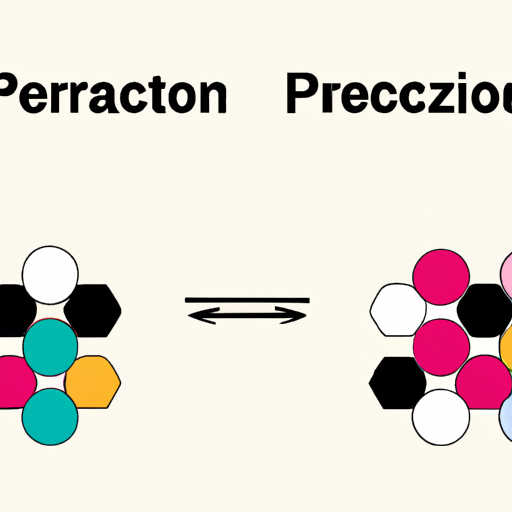Interactions Between Clonazepam and Percocet
ChatGPT-Pharmacy Company
Interactions between Clonazepam and Percocet
This report highlights potential drug interactions between Clonazepam and Percocet (acetaminophen/oxycodone). Using narcotic pain or cough medications together with other medications that also cause central nervous system depression can lead to serious side effects including respiratory distress, coma, and even death. It is important to talk to your doctor if you have any questions or concerns. Your doctor may be able to prescribe alternatives that do not interact, or you may need a dose adjustment or more frequent monitoring to safely use both medications. It is also important not to drink alcohol or self-medicate with these medications without your doctor’s approval, and not to exceed the doses or frequency and duration of use prescribed by your doctor. As these medications may cause dizziness, drowsiness, difficulty concentrating, and impairment in judgment, reaction speed, and motor coordination, it is best to avoid driving or operating hazardous machinery until you know how they affect you. Inform your doctor about all other medications you use, including vitamins and herbs. Do not stop using any medications without first talking to your doctor.
Drug and Food Interactions
Do not use alcohol or medications that contain alcohol while receiving treatment with oxycodone. This may increase nervous system side effects such as drowsiness, dizziness, lightheadedness, difficulty concentrating, and impairment in thinking and judgment. In severe cases, low blood pressure, respiratory distress, fainting, coma, or even death may occur. It is also advisable to avoid or limit the consumption of grapefruit and grapefruit juice, which can significantly increase the blood levels of oxycodone in some people. Consult your doctor or pharmacist if you have questions on how to take this or other medications you are prescribed. Do not use more than the recommended dose of oxycodone, and avoid activities requiring mental alertness such as driving or operating hazardous machinery until you know how the medication affects you. Inform your doctor about all other medications you use, including vitamins and herbs. Do not stop using any medication without first talking to your doctor.
Therapeutic Duplication Warnings
No warnings were found for your selected drugs. Therapeutic duplication warnings are only returned when drugs within the same group exceed the recommended therapeutic duplication maximum.
Drug Interaction Classification
These classifications are only a guideline. The relevance of a particular drug interaction to a specific individual is difficult to determine. Always consult your healthcare provider before starting or stopping any medication.
Further Information
Always consult your healthcare provider to ensure the information displayed on this page applies to your personal circumstances.
Medical Disclaimer
The information provided on this page is for educational purposes only and is not intended to replace advice from a healthcare professional. Always consult a healthcare professional for medical advice and treatment.

